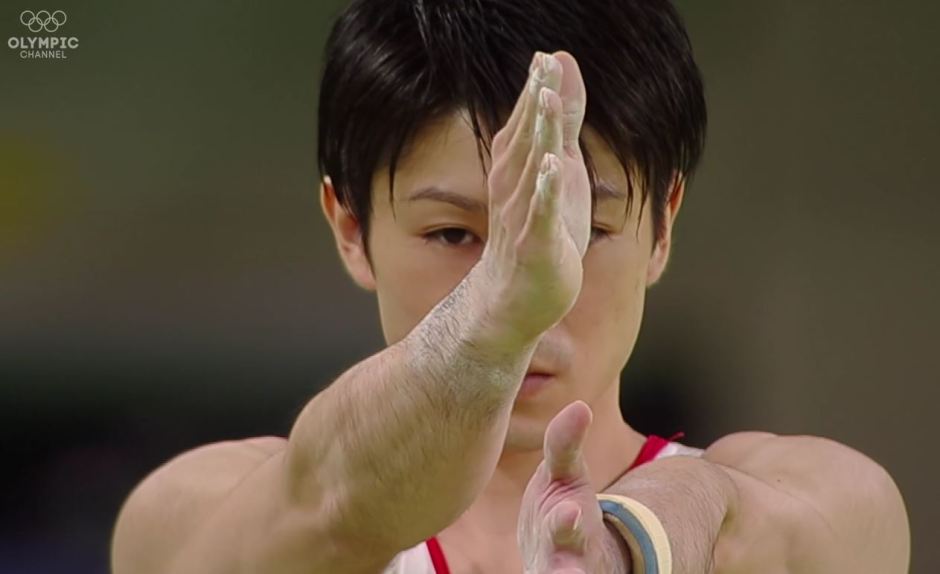 Wyomia Tyus, fastest woman in the world, on medal stand 1968
Wyomia Tyus, fastest woman in the world, on medal stand 1968These were not the Innocent Games of the 1964 Tokyo Olympics. These were the Protest Games of the 1968 Mexico City Olympics.
Hundreds died in anti-government demonstrations only 10 days before the start of the Games, while black American athletes, who had contemplated boycotting the 1968 Olympics, were locked in an ongoing debate about how to protest the plight of blacks in America.
Reigning 100-meter Olympic champion, Wyomia Tyus, a black woman from Griffin, Georgia, was in Mexico City to run, but could not ignore the rising tensions. The ’68 Olympics contrasted significantly with the ’64 Olympics, when she was a quiet, inexperienced 19-year-old, not expected to medal, let alone break the world record and win gold as she did.
She was in Mexico City, with a chance at making history – to be the first person, man or woman, to repeat as Olympic champion in the 100-meter sprint. And yet, perhaps surprisingly, Tyus was calm and relaxed, as she was when she was crowned fastest woman in the world in Tokyo. Tyus told me she was confident.
The press was saying I was too old at 23 because I wasn’t running that well in ’67. I used that. I thought differently – these athletes should be afraid of me. The pressure – it’s on them. I had the knowledge. I had the strength. Nobody else was going to beat me. I didn’t say that. But those were the thoughts in my head.
When Tyus lined up for the finals of the women’s 100 meters sprint, she was ready. And as three-time Olympic high jumper, Dwight Stones explains in an Olympic Channel video, Tyus had become an accomplished master of the psych out. And her way was to dance…to a hit of the time, The Tighten Up, by Archie Bell and the Drells.
She would just intimidate you out of any chance of beating her. She wasn’t really that. She was actually kind of shy. But on the track, she was an assassin. Everyone there is very nervous. Of course you’re nervous on some level. Good nervous? Maybe bad nervous? And Tyus was maybe nervous too. But the way she manifested it was, at the starting block she would start doing the Tighten Up. And what that did, it would loosen her up, and tighten up everyone else. That’s why she did it. It was just another technique that she thought of that they had never seen that would take everyone else out of their game.

As she wrote in her powerful autobiography, Tigerbelle: The Wyomia Tyus Story,co-authored by Elizabeth Terzakis, Tyus didn’t just dance her way into the psyches of her competitors, she crawled her way in. She made sure she was the last person in place, delaying as long as she could before she was set. Her husband, would call it “cheating.”
It is true that we Tigerbelles took our time getting into the blocks. I’d always been taught that you stand in front of your blocks and you shake your legs out—you shake and shake. Take deep breaths. Touch your toes and make sure you’re still shaking while you do. Then you kick your legs out to put them in the blocks—you kick, kick, kick, and put that one in, and then you kick, kick, kick, and put the other one in. Then you sit there on your knees and you look down the track.
While Tyus went through her routine, her competitors stayed still, their fingertips on the track keeping their bodies steady as they waited impatiently for Tyus to stop moving.
On that cool, overcast day on October 15, 1968, the fat belly of rain clouds looked ready to split, and Tyus was actually not as unruffled as she appeared to be. She didn’t want to run in the rain so she wanted to get moving. Unfortunately, her teammates were jumpy. First, Margaret Bailes left early. Then Tyus found herself 50 meters down the track before Barbara Ferrell was called for a false start.
When the pistol fired a third time and all sprinters were off cleanly, Tyus created little drama, leading nearly from start to finish. While she needed to lean to win gold over her teammate Edith McGuire at the 1964 Tokyo Olympics, this time she hit the tape ahead of Ferrell with time to spare. With a time of 11.08 seconds, Tyus set a world record for her second Olympics in a row.
True, Usain Bolt was the fastest man in three straight Olympiads, 2008 to 2016. Carl Lewis was Olympic champion in two straight from 1984 to 1988, while Gail Devers delivered two straight sprinting golds for women in 1992 and 1996.
But the first person, man or woman, to be crowned the fastest in the world in back-to-back Olympiads was the woman from Griffin, Georgia, Wyomia Tyus.
















You must be logged in to post a comment.